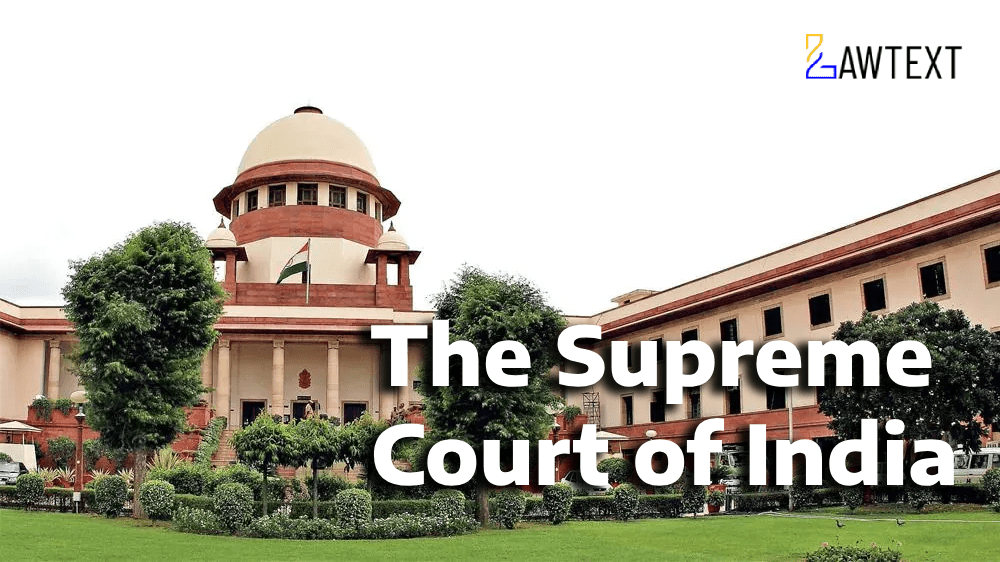CASE NOTE & SUMMARY
The judgment clarifies the determination of "transaction value" under Section 4(1) of the Central Excise Act for sales made between public sector oil companies (OMCs) under a government-mandated Memorandum of Understanding (MOU). It also examines the extended limitation period under Section 11A and the imposition of penalties under Section 11AC.:
-
- The MOU's primary intent was to ensure uninterrupted supply and distribution of petroleum products, not purely commercial transactions.
- The extended limitation period cannot be invoked without proving suppression or misrepresentation of facts.
- Penalty provisions under Section 11AC require evidence of fraud, collusion, or willful mis-statement, which were absent in this case.
Acts and Sections Discussed:
- Central Excise Act, 1944
- Section 4(1): Valuation of excisable goods.
- Section 11A: Recovery of duties not levied, paid, short-levied, or short-paid.
- Section 11AC: Penalty provisions.
1. Introduction and Parties Involved
The appellant, Bharat Petroleum Corporation Ltd. (BPCL), and other public-sector oil marketing companies (OMCs) had entered into an MOU for the sale and distribution of petroleum products at Import Parity Price (IPP).
2. Context of the Dispute
- Excise Department issued show-cause notices alleging differential pricing between sales to other OMCs (based on IPP) and direct sales to their dealers.
- Dispute centered on whether IPP constitutes the "transaction value" for excise duty calculation.
3. Background of the MOU
- Executed to facilitate mutual sharing of products among OMCs, ensuring smooth supply across India.
- Prices under the MOU were lower than those for direct sales to dealers.
4. Legal Questions
(i) Was the price the sole consideration for the sale? (ii) Was the extended limitation period rightly invoked under Section 11A? (iii) Was the penalty under Section 11AC justified?
5. Tribunal's Findings
- In previous cases, the Tribunal relied on similar MOUs and dismissed revenue appeals. The extended limitation and penalty provisions were often rejected.
6. Supreme Court's Analysis
- Transaction Value: Held that the price was not the sole consideration, as the MOU aimed to ensure supply stability rather than purely commercial transactions.
- Extended Limitation: Found no fraud or suppression of facts; hence, the extended limitation period was inapplicable.
- Penalty: Absence of willful mis-statement precluded penalty imposition.
7. Final Decision
- Appeals by BPCL allowed, and demands for excise duty quashed.
- Revenue appeals remanded for reconsideration under clarified principles.
Ratio Decidendi:
- A transaction governed by a mutual agreement for supply stability and not purely commercial cannot be valued under Section 4(1)(a) as the price is not the sole consideration.
- The extended limitation period requires concrete evidence of suppression or misrepresentation, not merely procedural lapses.
- Penalty provisions necessitate explicit evidence of intent to defraud, collude, or misstate facts.
Subjects:
"Valuation of Excisable Goods under Section 4 of the Central Excise Act: Applicability of Transaction Value and Procedural Provisions"
#CentralExciseAct #TransactionValue #MemorandumOfUnderstanding #SupremeCourtJudgment #BharatPetroleum #ExciseDuty
Citation: 2025 LawText (SC) (1) 201
Case Number: CIVIL APPEAL NO. 5642 OF 2009 with CIVIL APPEAL NOS. 8025-27 OF 2010 CIVIL APPEAL NO. 5686 OF 2014 CIVIL APPEAL NO. 9838 OF 2017 CIVIL APPEAL NO. 5516 OF 2019 and CIVIL APPEAL NO. 10890 OF 2024
Date of Decision: 2025-01-20
Case Title: Bharat Petroleum Corporation Ltd. Versus Commissioner of Central Excise Nashik Commissionerate
Before Judge: (Abhay S Oka J. , Pankaj Mithal J. )
Appellant: Bharat Petroleum Corporation Ltd.
Respondent: Commissioner of Central Excise Nashik Commissionerate

